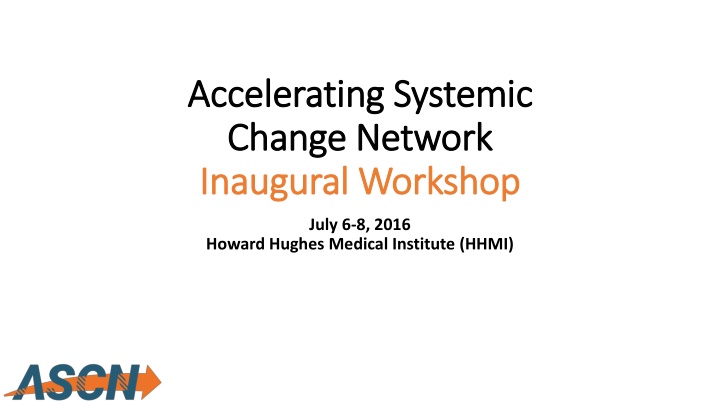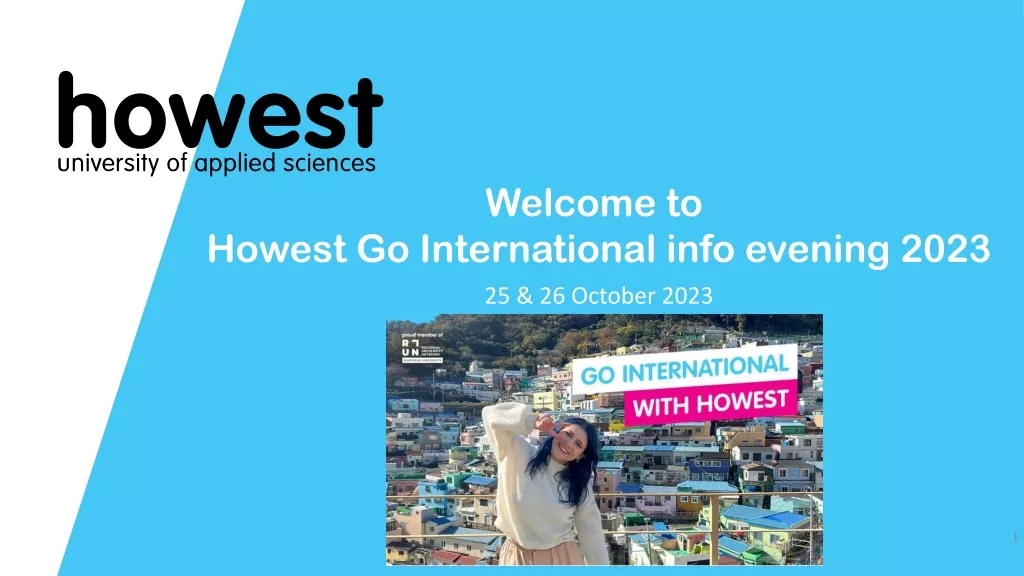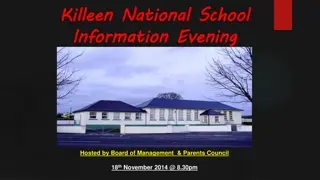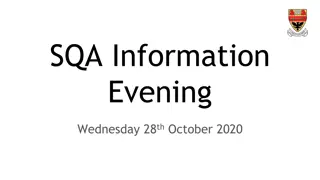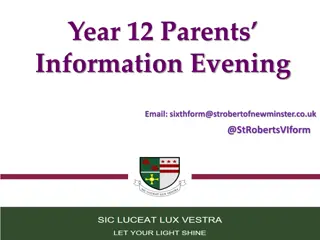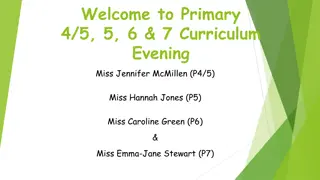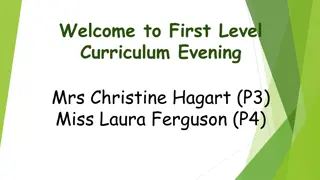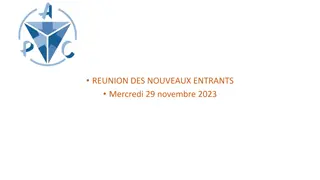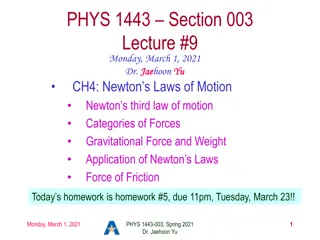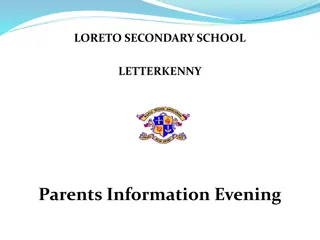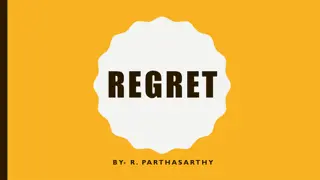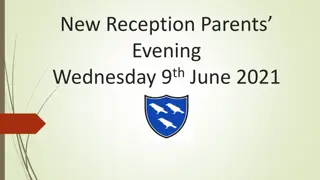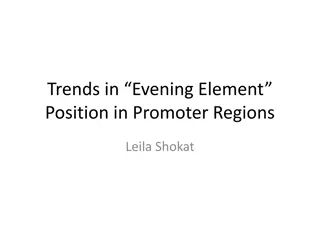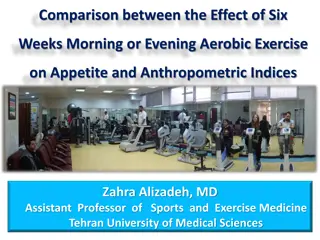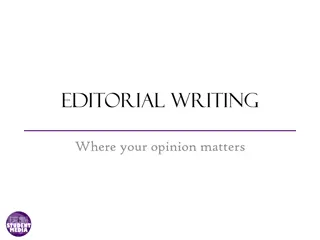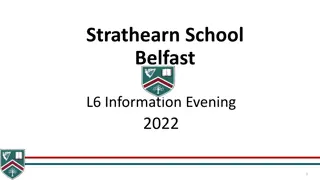Accelerating Systemic Change Network Inaugural Workshop Overview
The Accelerating Systemic Change Network (ASCN) held its inaugural workshop in July 2016 at the Howard Hughes Medical Institute. The event focused on introducing ASCN, its goals, and working group topics to facilitate collaboration among change researchers in higher education. ASCN aims to be a professional hub for individuals involved in transforming STEM education, emphasizing systemic thinking, diverse perspectives, and inclusivity. Key figures in ASCN include Cathryn Manduca, Emily Miller, Karen Paulson, and Scott Simkins.
Download Presentation

Please find below an Image/Link to download the presentation.
The content on the website is provided AS IS for your information and personal use only. It may not be sold, licensed, or shared on other websites without obtaining consent from the author.If you encounter any issues during the download, it is possible that the publisher has removed the file from their server.
You are allowed to download the files provided on this website for personal or commercial use, subject to the condition that they are used lawfully. All files are the property of their respective owners.
The content on the website is provided AS IS for your information and personal use only. It may not be sold, licensed, or shared on other websites without obtaining consent from the author.
E N D
Presentation Transcript
Accelerating Systemic Accelerating Systemic Change Change Network Network Inaugural Workshop Inaugural Workshop July 6-8, 2016 Howard Hughes Medical Institute (HHMI)
Agenda Welcome from Susan Musante Introduction to ASCN (why, what, who, how) Goals for this inaugural meeting Overview of working group topics Get to know your working group
ASCN Why? RATIONALE There are a lot of good people doing a lot of good things to improve higher education. Lack of coordination limits the ability to learn and improve. Official Language: There is a need to accelerate development of research- based knowledge about how to scale and sustain changes in STEM higher education. The research-based knowledge that does exist is scattered throughout many unconnected research communities, such as the various STEM disciplines, education, faculty development, management, and sociology. Many of the same change initiatives and related research questions are being pursued in different disciplines. Yet, the lack of a venue for sharing and improving this work severely limits the development of knowledge.
ASCN What? VISION ASCN will be the professional home for change researchers and change agents working in higher education. Official Language: The Accelerating Systemic Change Network (ASCN) will serve as an open, interdisciplinary, professional network and intellectual home for individuals and groups in a broad range of disciplines who are engaged in creating and/or studying change in STEM higher education in the full range of institutional settings. ASCN will help capture what is known and soon to be discovered about leading and evaluating change efforts in undergraduate and graduate STEM education, which will help maximize the individual and collective efforts of network members.
ASCN What? OVERARCHING PRINCIPLES Systems thinking. Higher education is a complex system. Creating successful change requires an understanding of and strategic work at multiple parts of the entire system Breadth of perspective. Complex problems can only be solved through collaborative work of stakeholders with a broad diversity of backgrounds, experiences, and disciplinary perspectives. Serving all students. National-level strategies to improve undergraduate STEM education need to purposefully include all types of institutions that serve all types of students.
ASCN Who? Cathryn Manduca, Science Education Research Center, Carleton College Emily Miller, Undergraduate STEM Initiative, Association of American Universities Karen Paulson, Penn State University Scott Simkins, Academy for Teaching and Learning, North Carolina A&T Karl Smith, University of Minnesota Gabriela Weaver, University of Massachusetts Amherst Lorne Whitehead, University of British Columbia Julia Williams, Rose-Hulman Institute of Technology STEERING COMMITTEE PRINCIPAL INVESTIGATORS Charles Henderson, Western Michigan University Andrea Beach, Western Michigan University Maura Borrego, University of Texas, Austin Susan Elrod, University of Wisconsin, Whitewater Linda Slakey, Association of American Universities, and Association of American Colleges and Universities STEERING COMMITTEE OTHER MEMBERS Marilyn Amey, Michigan State University David Bressoud, Macalester College Mark Connolly, Wisconsin Center for Education Research Anthony DePass, Long Island University Noah Finkelstein, University of Colorado Boulder Adrianna Kezar, University of Southern California Kelly Mack, Project Kaleidoscope, Association of American Colleges and Universities
ASCN Who? If you are having difficulties logging onto SERC site, see Rory tonight. Stephanie Chasteen University of Colorado at Boulder Rory McFadden Science Education Resource Center (SERC)
Project Manager Position / Post Doc Position Full time, based at Western Michigan University Assist/support working groups Manage all aspects of the project
This Inaugural Meeting Primary Goal To build a strong foundation that will support the network as it grows and attract others to join. Source: gettyimages.com
Four Working Groups Mission Statement that describes why the topic is important and establishes the conceptual range of the group Knowledge Claims and established Ideas that the group can build on Key Questions for the group to focus on Potential Outcomes or products Action Plan for moving forward
This Inaugural Meeting Tonight Introduction to working group topics Get to know your working group (drinks available starting at 8:30)
This Inaugural Meeting Tomorrow Introduction to the SERC web platform where ASCN work will be done Working groups work 11am Each Group makes 5 min presentation Within Groups: Provide feedback, Do you want to be in a different group? Across Groups: Is there too much overlap? What is missing? Working groups work Large Group (4-5pm) building and supporting network momentum Dinner Drinks available
This Inaugural Meeting Friday Working groups work 10am Poster Session Topic TBD: What feedback does your group need from the larger group? Working groups work Lunch
Four Working Groups Working Group 1: What theories and models should be used to guide change efforts? led by Mark Connolly and Susan Shadle Working Group 2: What are the costs and benefits of change? led by Scott Simkins and Lorne Whitehead Working Group 3: Who leads change and how? led by Robert Hilborn and Julia Williams Working Group 4: How can measurement and communication be used to promote change? led by David Bressoud and Archie Holmes
Working Working Group 1: What theories and models Group 1: What theories and models should be used to guide change efforts? should be used to guide change efforts? Are we making good use of what is known from management and organizational change? Are practitioners explicit about their change model? What models are most promising for higher education? Where are the gaps? Are we thinking about all types of institutions?
Working Working Group 2: What are the costs and benefits Group 2: What are the costs and benefits of change? of change? There is a literature on the business of higher education but it tends not to address the issues that impact how teaching is done. The costs of working to improve student success tend to be known but not the benefits For the department For the college For the whole institution How do the faculty experience the work of teaching after they know new methods?
Working Working Group 3: Who leads change and how? Group 3: Who leads change and how? What is already known here is a mixed bag. There is a huge literature on effective leadership, much of it at the popular level, but Few department heads get any formal training. Deans and Provosts learn by coming up the ranks. Our own tradition, via PKAL, has an interesting history of preparing people to lead from below. So, what kind of training would be useful? What are the career paths for those who want to lead? How can we use systems thinking, group dynamics, and succession planning more effectively?
Working Working Group 4: How can measurement and Group 4: How can measurement and communication be used to promote change? communication be used to promote change? There are mountains of data about higher education how much of it serves the purpose of aligning teaching with what we know about how people learn? Tools are changing fast how can we take advantage of this? How do we balance concerns about privacy and proprietary information with growing our understanding of what works? What measures best serve each institutional context?
Working Group Locations [D115] Working Group 1: What theories and models should be used to guide change efforts? led by Mark Connolly and Susan Shadle [D124] Working Group 2: What are the costs and benefits of change? led by Scott Simkins and Lorne Whitehead [D125] Working Group 3: Who leads change and how? led by Robert Hilborn and Julia Williams [Auditorium] Working Group 4: How can measurement and communication be used to promote change? led by David Bressoud and Archie Holmes
http://serc.carleton.edu/ASCN/workspace_July2016-wkshp/assignments/index.htmlhttp://serc.carleton.edu/ASCN/workspace_July2016-wkshp/assignments/index.html Working Group Locations [D115] Working Group 1 [D124] Working Group 2 [D125] Working Group 3 [Auditorium] Working Group 4
